Uncovering the Reasons We Struggle to Say No: Part 2
The desire to be liked is a fundamental aspect of human nature. We all seek acceptance, trust, and the affirmation that comes from spending time with others. This innate longing for connection often leads us to say yes, even when we should say no. It's a natural response driven by our yearning for approval from others. In this blog post, we'll delve into the reasons behind our struggle to say no and explore how we can regain control over our time, energy, and self-respect.
Desire for Validation:
Wanting to appear valuable and important to others is a significant factor in our difficulty saying no. When someone seeks our advice, opinion, or assistance, and we are recognized as valuable, it feels good. This feeling can be intoxicating, driving us to continuously seek opportunities to prove our worth and reinforce the idea that we are valuable. Consequently, we end up saying yes to requests that we should decline. However, it's crucial to distinguish between genuine value and the need for external validation.
Fear of Missing Out (FOMO):
The fear of missing out on opportunities plays a significant role in our struggle to say no. We often say yes because we fear that declining an opportunity will result in missed chances for career advancement or rewarding experiences. This fear is further amplified by social media, where we constantly see others posting about their experiences, making us feel left out if we don't participate as well. However, saying yes to every opportunity can lead to a lack of focus and fulfillment. It's important to discern between the wrong opportunities and the ones that align with our goals and interests.
Emotional Bullying:
Some people refuse to accept no for an answer and resort to emotional manipulation to get their way. Emotional bullying tactics such as yelling, insults, threats, or guilt-tripping are used to make us feel afraid, guilty, or embarrassed, ultimately forcing us to say yes. Recognizing emotional bullying empowers us to stand our ground confidently. By understanding that emotional bullies are manipulating us, their tactics become less effective, and we can remain assertive in saying no.
Breaking the People-Pleasing Habit:
The habit of people-pleasing is often deeply ingrained in us from childhood. We learn that saying yes results in approval from authority figures or validation from peers, making us feel good about ourselves. Over time, this habit becomes automatic, and we say yes without considering the impact. However, with self-awareness and a willingness to change, we can unlearn this tendency and replace it with more thoughtful and intentional responses.
Saying no is an essential skill that allows us to establish boundaries, prioritize our well-being, and live a more authentic life. Understanding the underlying reasons behind our struggle to say no is the first step toward reclaiming our autonomy and asserting ourselves. By valuing our own needs and desires, we can cultivate healthier relationships and create a more balanced and fulfilling life.
Warmly,
Tekin Meric, MSc
Counselor & Coach
As you work on navigating these challenges, remember that counseling or coaching support can provide valuable guidance and assistance. If you would like to receive counseling or coaching support as you navigate your life issues, please feel free to reach out. I would be honored to hold space for you online or in my practice in Amsterdam.



